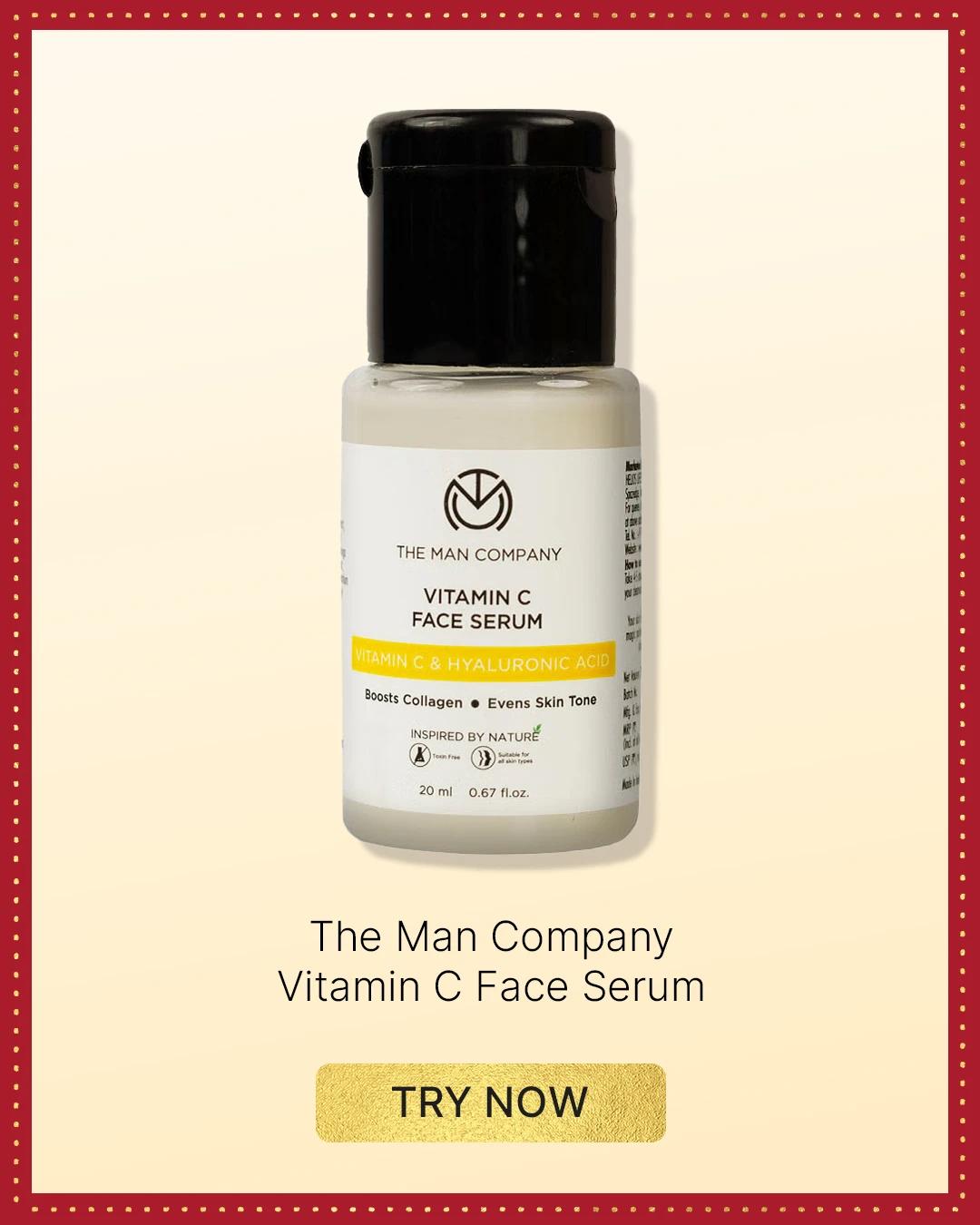Potential Side Effects and Precautions
While supplements can be amazing for your skin, it's worth knowing about potential hiccups before you start. Most people tolerate skin supplements well, but everyone's body is different.
Common Side Effects to Watch For
Some people experience mild digestive upset when starting new supplements. Fat-soluble vitamins like A and D can build up in your system if you take too much. Start with recommended doses and listen to your body.
Interactions with Medications and Other Supplements
Certain supplements can interfere with medications or each other. For example, too much vitamin E can affect blood clotting, while some herbs might interact with hormonal medications.
When to Consult a Doctor
If you experience persistent digestive issues, skin reactions, or any concerning symptoms, it's time to check in with a healthcare professional. Trust your instincts – you know your body best.
Holistic Skin Wellness: Beyond Supplements
Supplements are fab, but they're just one piece of the puzzle. True holistic skin wellness means looking at your whole lifestyle and how it affects your complexion. Think bigger picture for the best results.
The Role of Diet in Skin Health
Your daily meals matter just as much as your supplements. Foods rich in antioxidants, healthy fats, and protein provide the foundation for great skin. Supplements should complement, not replace, a balanced diet.
Lifestyle Factors That Affect Skin
Sleep quality, exercise, and hydration all play huge roles in how your skin looks and feels. Even the best supplements can't fix the damage from chronic sleep deprivation or dehydration.
Stress Management for Better Skin
Stress hormones can wreak havoc on your complexion. Whether it's meditation, yoga, or just time with friends, finding ways to manage stress will amplify the benefits of your supplement routine.
Frequently Asked Questions
What are the best supplements for glowing skin and anti-aging?
Collagen peptides, vitamin C, omega-3 fatty acids, and antioxidants like vitamin E are top picks for both glow and anti-aging benefits. Hyaluronic acid and coenzyme Q10 are also worth considering for mature skin concerns.
How long does it take to see results from skin supplements?
Most people start noticing changes around 4-8 weeks, but it can take up to 12 weeks for significant improvements. Your skin's natural renewal cycle takes about a month, so patience is essential for seeing real results.
Can supplements replace a good skincare routine?
Nope – supplements work best alongside a solid skincare routine, not instead of it. Think of them as internal support for your external efforts. You still need cleansing, moisturising, and sun protection.
Are there any supplements specifically for skin whitening?
While some supplements like vitamin C and glutathione are marketed for brightening, it's better to focus on overall skin health rather than trying to change your natural skin tone. Healthy skin naturally looks more radiant.
What's the difference between oral supplements and topical treatments for skin?
Oral supplements work from the inside out, supporting your skin's natural processes system-wide. Topical treatments target specific areas directly but might not penetrate as deeply. Both approaches complement each other beautifully.
Key Takeaways
Supplements for good skin can be game-changers when used thoughtfully. Start with the basics, introduce new supplements gradually, and always consider your individual needs and lifestyle. Remember that the best results come from combining quality supplements with a healthy diet, good skincare habits, and stress management. Your skin is unique, so what works for your mate might not work for you – and that's perfectly normal. Take time to find your perfect combination of natural skin enhancers, and enjoy the journey to healthier, happier skin.

 240 gm
240 gm 250 gm
250 gm Pack of 2
Pack of 2